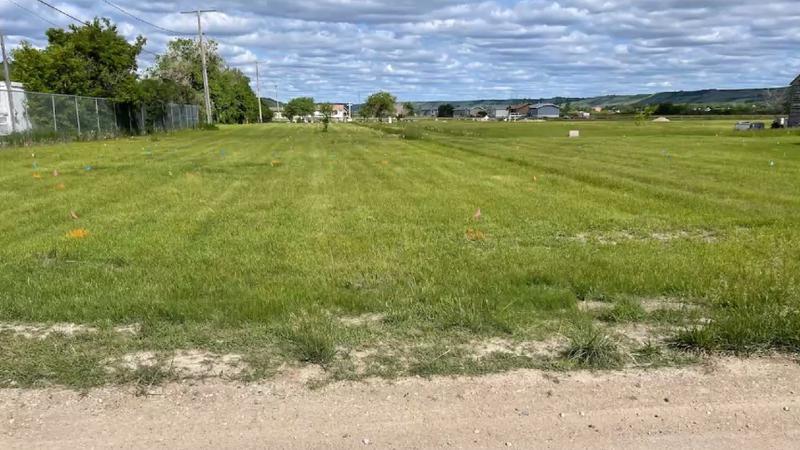
751 unmarked graves found at former residential school in Saskatchewan
REGINA – Searchers have found the graves of 751 people at the site of a former residential school in southern Saskatchewan.
The Cowessess First Nation and Federation of Sovereign Indigenous Nations announced the findings on Thursday, June 24.
Cowessess Chief Cadmus Delorme said they couldn’t confirm if all the graves found at the former Marieval Indian Residential School contained the remains of children.
“There are oral stories that there are adults in this gravesite as well because it was the Roman Catholic church that oversaw this gravesite,” Delorme said. “Some may have gone to the church and from our local towns and they could have been buried here as well.”


